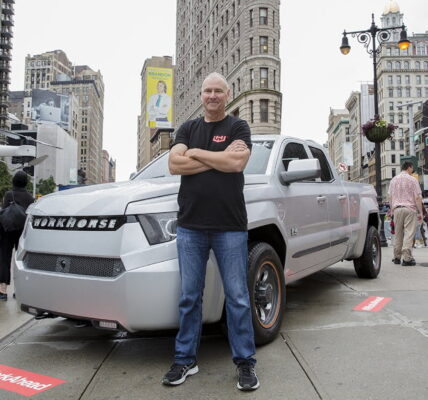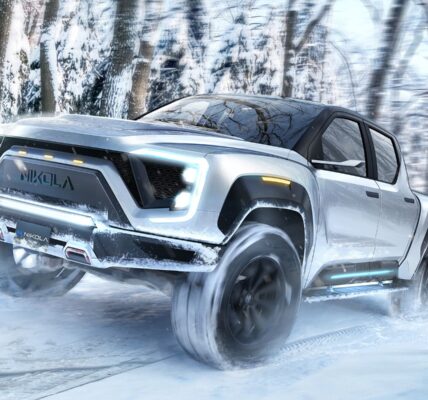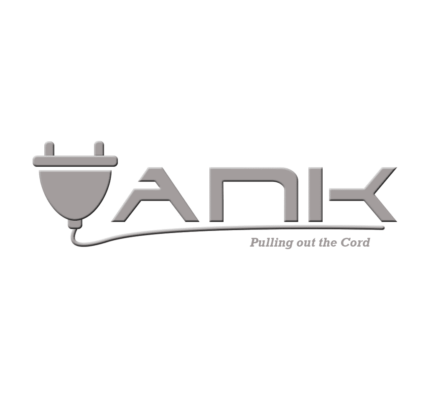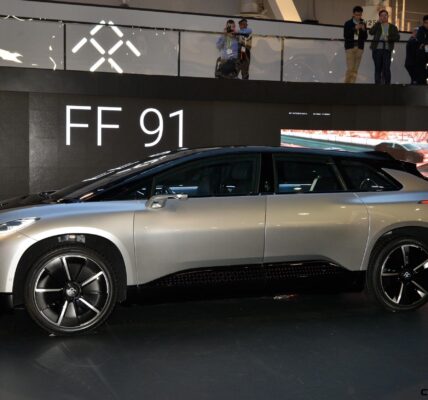An ongoing spat between two South Korean electric vehicle battery makers could put a crimp in Ford Motor Co.’s plans to produce an all-electric version of its best-selling F-150 pickup and future electric vehicles as well as Volkswagen of America’s first EV in the U.S.
The feud between the two battery makers, SK Innovation and LG Chem, came to a head earlier this year, after the latter filed a criminal complaint against SKI with the Seoul Central District Prosecutors’ Office, claiming charges of patent infringement.
LG Chem alleges that SKI “poached” 76 of its employees to gain access to trade secrets, breaching its patents used by LG Chem in the production of batteries for VW. The company also petitioned the U.S. International Trade Commission in April about the matter.
In May, the ITC issued a preliminary ruling in LG Chem’s favor, supporting the company’s push to bar SKI’s production of batteries in the U.S. and to prevent it from importing any materials needed for battery production. A final ruling will come this fall.
As a result, Volkswagen and Ford petitioned the ITC to reverse that initial decision, permitting SK Innovation to move forward with plans to supply VW with batteries for the ID.4 that will be built in Chattanooga, Tennessee, plus Ford’s electric F-150.
Since the ITC ruling, SKI has filed suit claiming LG Chem infringed its patents when manufacturing and supplying EV batteries to vehicle manufacturers such as Jaguar and Audi. A move that some see as a way to pressure LG Chem to negotiate a small settlement.
LG Chem has agreed to talk, but only after it receives a “sincere apology,” the Korea Times reported, and LG is looking to extract a “pricey” settlement from SKI.
SKI is currently building two plants in Commerce, Georgia, northeast of Atlanta. The first is already under construction, designed to produce batteries for VW with the second aimed at meeting Ford’s needed. The two sites aren’t expected to be complete until 2023, according to the State of Georgia.
Once fully operational, the facilities will produce 310,000 batteries annually. Ford and VW have said production of the vehicles that SKI will supply is slated to begin in mid-2022.
Volkswagen and Ford said the ban could disrupt supplies of the key electric vehicle parts and cost U.S. jobs during the COVID-19 outbreak, according to documents submitted to a U.S. trade panel.
“Any remedial orders should seek to avoid collateral damage to SKI’s existing customers,” Volkswagen said in its public interest comments to the ITC in May. “To avoid a catastrophic supply disruption,” the commission should allow SK Innovation to manufacture EV batteries in the U.S. facility, Volkswagen added.
Banning SKI is problematic for the two automakers because there is already a shortage of EV batteries as is, the automakers told the ITC. LG Chem asserted that the two automakers could simply use another battery supplier.
However, Ford told the ITC that switching to another supplier would be almost impossible at this point because of the proprietary nature of the technology and the growing demand for batteries. Indeed, automakers with EV plans have been scrambling to form partnerships with various battery makers. In fact, Ford and VW rival General Motors is in the midst of building a new battery facility near Lordstown, Ohio with the aforementioned LG Chem.
Samsung, Panasonic, Northvolt and Contemporary Amperex Technology Ltd. (CATL) as well as the other two companies have all inked deals with auto companies, including Tesla, BMW, Honda and Mercedes-Benz. More deals are coming online seemingly on a daily basis as they all scramble for more batteries and better technology.







